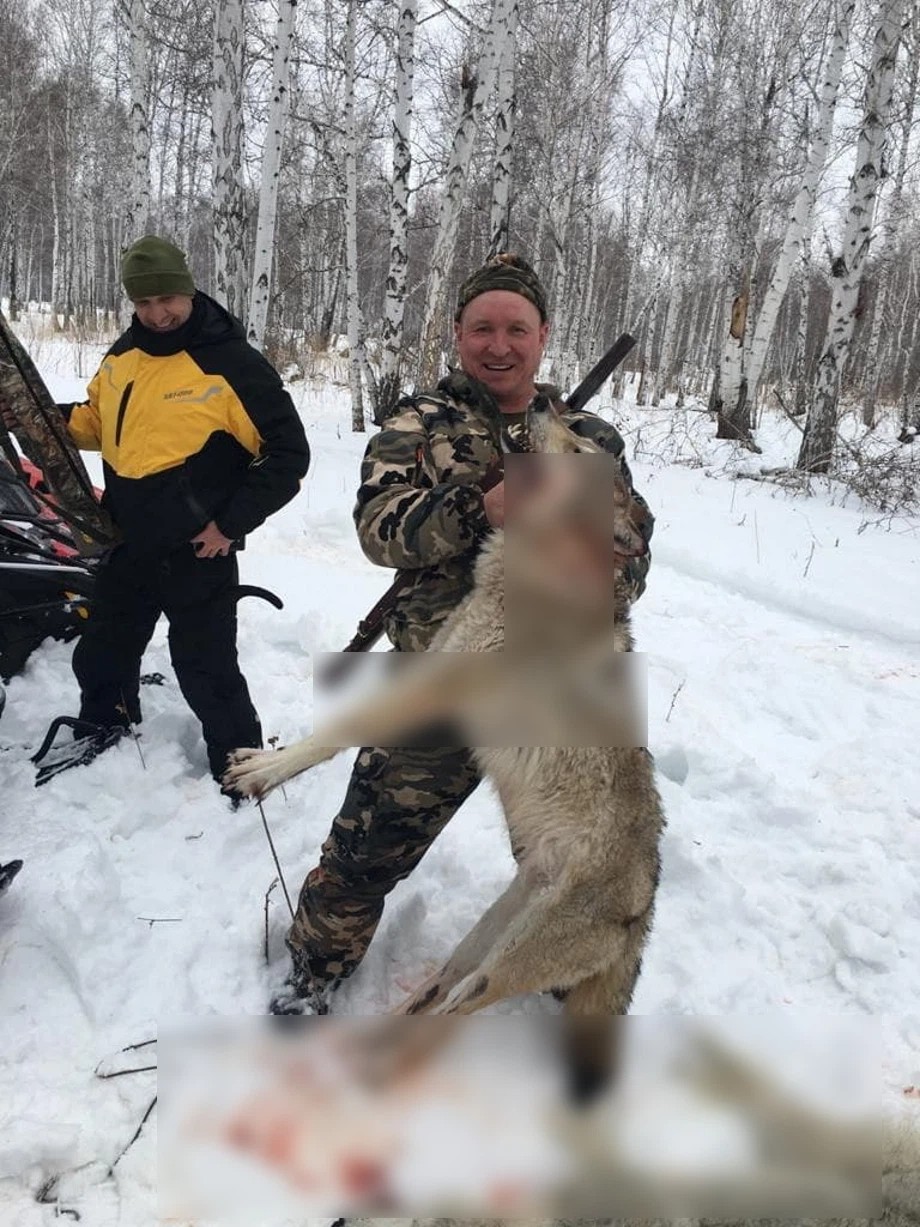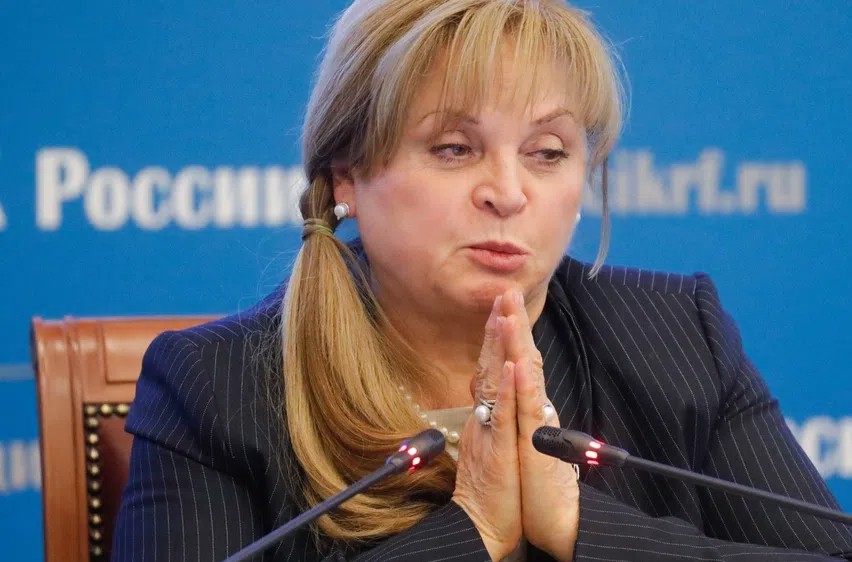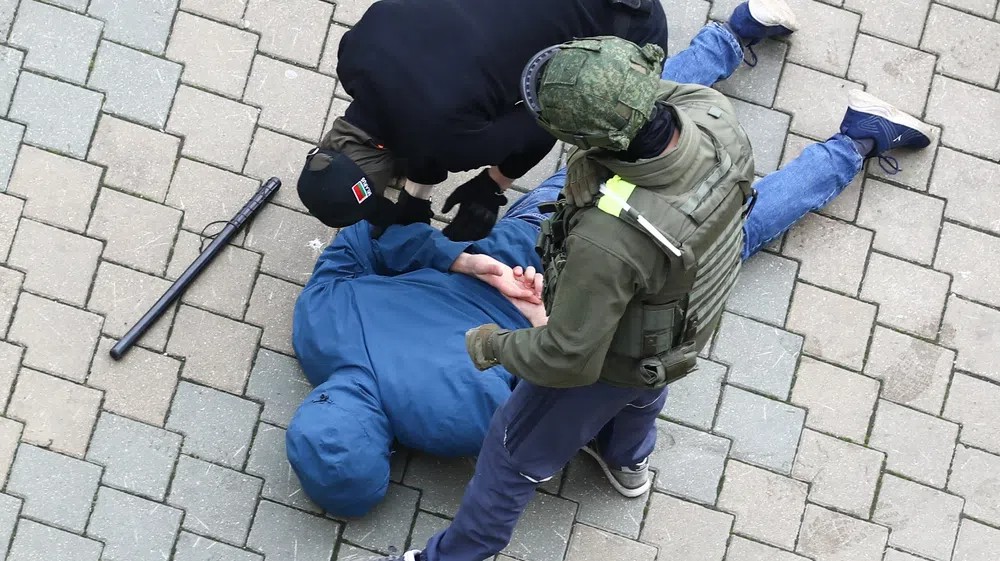Here what’s in store for you this week:
- People are departing Russia en masse. But why has the country become so inhospitable for so many? We examine the reasons why people are leaving;
- Russia’s rich and powerful have a sick infatuation with abusing animals for the sake of good sport. We explain why;
- Plus, why are Russians so stubbornly antivax?
Want to get the full story? Click the links below for full-length articles in Russian.
Mass Exodus From Russia, Explained
People are departing Russia en masse, and 2021 will go down in history as part of a devastating new wave of political migration. Almost 10% of the country’s 146 million population lives abroad, and Russia suffers from the world’s third-worst ‘brain drain.’ In the last five years, the emigration has accelerated, driven by collapsing space for human and civil rights, and lately, by the poorly managed pandemic. This week our political editor Kirill Martynov examines the trend.
POLITICALLY MOTIVATED MIGRATION. For some, Russia is simply no longer a safe place to stay. Russian citizens holding the “wrong views” are now ending up abroad as it is too dangerous for them to remain at home. “Young patriots are leaving, while conformists and those who have nothing to lose remain,” Martynov observes. “At any time, there may be a search, pressure applied to relatives, dismissal from work, expulsion from the university,” he notes. A wide variety of media outlets have recently been quashed by the strong arm of the state. One of the only remaining options is to give up everything you believe in and become part of the oppressive system: “enjoy life by trying to get a budget for it from the right government agency,” Martynov adds with sarcasm.
QUEER RUSSIANS SEEK BETTER LIFE ABROAD. Being LGBTQ+ in Russia hasn’t been easy in the last decade of increasing repressions by the Kremlin and Putin’s ultraconservative crusade in the name of ‘family values.’ But the last couple of years have been especially tough. At the beginning of August, The LGBTQ+ family that appeared in a now-infamous advertisement for the VkusVill store, consisting of four women — a mother, two daughters, and one of their wives — emigrated to Spain. “We are safe, we are resting,” one wrote on Instagram. “We are all in a difficult psychological state.”Another said that she was looking for a job in Spain, and because of the problematic situation with VkusVill, the family was left without work and at home. “Now my family and I really need to get settled in Barcelona, we are having a difficult time, and we need friends,” she added.

Photo: Abaca Press / TASS
LITHUANIA AND GEORGIA ARE HOT DESTINATIONS. “A significant part of the former Anti-Corruption Foundation, recognized as extremist and banned in Russia, is now in Georgia,” notes Martynov. However, some who have managed to accrue professional links and savings over time may move somewhere else. “Those who have worked in Russian non-profit organizations for longer have managed to acquire social connections and savings,” he writes. “It is easier for these 40-year-olds to get out of the current impasse — to get further than Georgia or Lithuania, to negotiate new projects abroad.” In recent years, Vilnius has been a hot destination for people fleeing Russia, with prolific dissidents such as Vsevolod Chernozub — a Novaya Gazeta columnist — and researcher Aleksandr Morozov taking up residence in the largest Baltic state.
IMPACT OF COVID. The pandemic saw people moving out of national epicenters for a variety of reasons, too. Last year, we analyzed labor migration patterns and recorded a massive outflow of people from Moscow in the wake of a total lockdown. In April 2020, three were leaving for every two passengers arriving in the capital (the ratio was 50-50 the previous year). We have also noticed a mass exodus of migrant workers, and according to some estimates, there were around 2.5 million fewer foreign workers in Russia last year.
MANY PEOPLE REMAIN PESSIMISTIC ABOUT THE FUTURE OF RUSSIA FOR YEARS — AND EVEN DECADES — TO COME. UCL Political scientist Vladimir Pastukhov also writes for Novaya Gazeta this week about Russians’ reliance on external management, state bureaucracy, and something of an imperial-messiah complex — which will all in the future contribute to the stability of the existing order — whether or not it is headed by Putin. All of these factors contribute to a heightened sense of hopelessness and combined with the recent spate of political crackdowns, few see any reason to remain optimistic.
Read Martynov’s op-ed explaining the Big Exodus from Russia, here.
Rich Russians Obsession with Animal Abuse, Explained
It is not a new trend, and, most likely, the Russian rich and powerful have been cultivating the cruelty culture for a while. But now, the evidence of atrocities is increasingly leaking to social media, and the public is overwhelmed. It started in February when horrifying footage emerged on social media of hunters in Kurgan deliberately running over a live wolf with their snowmobile and shoving a gun in its mouth. In photos from the same excursion, around four other wolves appear to have been tortured to death. Since then, more folks came out, warning that the obsession with animal abuse is more common among powerful Russians than we thought. This week our Ural correspondent Izolda Drobina brings a special investigation co-funded by our subscriber community.
THE GOVERNMENT COVERS FOR ABUSERS. A deputy from ruling United Russia Denis Khakhalov and several others, including former traffic cop Ermek Suleimanov, participated in the hunt. Forest inspector Alexey Sanochkin reported the initial violation, and with the help of fellow rangers, he established the location of the brutal hunt, its participants and established that their permits were undoubtedly not supposed to be used to justify animal abuse. “Illegal barbaric hunting is becoming more common,” he tells Novaya in an exclusive interview about his experiences tracking the hunters. He was fired, apparently as a result of his curiosity.

Ermek Suleimanov with a killed wolf
‘AFTER MY STATEMENT ABOUT ILLEGAL HUNTING … AUTHORITIES BEGAN TO TAKE A KEEN INTEREST IN MY ACTIVITIES,’ Sanochkin tells us. “Before this situation, I had not received a single reprimand for 22 years of work, only awards and gratitude from all levels of government.” Sanochkin is a specialist in the field, having spent more than two decades in regional administration focusing on the hunting economy. “Specialists are no longer needed. We only need personnel loyal to the authorities,” he tells us.
VIP POACHING is becoming a massive problem in Russia, with elite figures often acting in breach of the very same hunting regulations that indigenous communities are penalized for. Some weeks ago, we obtained a haunting picture of a man with a rifle posing with dozens of slaughtered animals. Dead geese, ducks, and cranes, morbidly spell out the phrase “Chukotka 2021”, suggesting the mass murder in the easternmost Russian region bordering Alaska. The sheer scale of the kill meant that the man, a key figure within the regional ranks of Putin’s ruling United Russia party, was acting in serious breach of environmental regulations.
RULING ELITES ARE EXEMPT FROM THE LAW. United Russia deputies have historically got away with far more than the average person when caught committing illegal acts. Earlier this month, we reported on billionaire Igor Redkin’s alleged involvement in the death of 30-year-old Andrei Tolstopyatov, who was shot near a dump in Kamchatka. Redkin claimed that he was attempting to scare away a bear, but our reporter Vladimir Khitrov noted that businessmen often shoot bears for fun, regarding it as a form of entertainment — a kind of ‘safari at the local landfill.’
BACKSTORY. The Russian government keeps expanding the industrial harvesting of natural resources deep into previously protected nature reserves. All of this development takes place to the detriment of local indigenous communities, which have long had a contentious relationship with the Russian state. For centuries, Moscow has been erasing indigenous culture and denied these populations their rights. There has also been a recent spike in tensions between federal authorities and indigenous communities. The Russian government has frequently denied them their ancestral land rights, including sustenance or religious hunting. Some of these nations mobilize against an over-centralized state, government-backed environmental assaults on their sacred lands, and claim back their autonomy.
Read our newest investigation into VIP poaching in full here.
Other Top-Stories We Liked This Week
- RUSSIA DEPORTS DISSIDENT BELARUSIANS IN VIOLATION OF INTERNATIONAL LAW. Over the past two weeks, Russian courts have ruled to extradite two citizens of Belarus to their homeland. They were running away from government persecution for participating in the ongoing pro-democracy protests. On of them is a world kickboxing champion Alexei Kudin. He asked for political asylum in Russia, and the European Court of Human Rights (ECHR) has banned his extradition to Belarus. However, Russia did not comply with the court's decision, and Kudin was secretly transferred to Minsk overnight. A Moscow court also ruled in favor of extraditing Belarusian activist Andrei Kazimirov, again bypassing the ECHR ruling. Kudin faces up to five years in prison, upon his return to Belarus, and Kazimirov — up to eight years. Both face the possibility of regime violence.
- THE LEGACY OF RUSSIA’S ELECTORAL FRAUDSTER-IN-CHIEF. This week we also bring you Vera Chelishcheva’s essay on the Russian Central Election Commission’s chief, Ella Pamfilova. A former Soviet politician, she has served under both Yeltsin and Putin. Once an avid defender of freedoms, she will soon be turning 70. However, in recent years, Pamfilova now seems more responsible for restricting freedoms in Russia than ensuring their preservation. “In 2007 she demanded the resignation of the head of the Ministry of Internal Affairs of Russia Rashid Nurgaliev for the violently-dispersed ‘Marches of Dissent’ in Moscow and St. Petersburg,” Chelishcheva notes. In those years, she was a strong advocate of transparency and free speech. She was ‘reincarnated’ in 2014, around the same time as the annexation of Crimea. “The new Pamfilova, who established herself as a person of the system, was appreciated in the Kremlin,” she says. By summer 2020, Pamfilova had been busy organizing the vote on amendments to Russia’s constitution that would reset the presidential term.

Ella Pamfilova. Photo: Mikhail Japaridze / TASS
- RUSSIAN STRONG ANTIVAX SENTIMENTS, EXPLAINED. As Russia has been caught fueling antivax disinformation abroad (once again,) we look into the nature of strong Russian anti-vaccination sentiments. The Kremlin might have been using COVID-19 vaccination as a geopolitical flex tool sending out batches of Russian vaccines to friendly foreign regimes, but at home few Russians are willing to get them. Novaya’s columnist Yulia Latynina, a historian by training, provides some valuable context on mass immunization programs in Russia and the struggle against them. How Orthodox fundamentalists, imams, ‘greens’ and others are somehow historically united as ‘antivaxxers’ in Russia. 62 percent of Russians don’t want to be vaccinated. “The high share of anti-vaxxers is some kind of Russian peculiarity,” Latynina notes. “This is due to the fact that the state itself was conducting fierce propaganda against Western vaccines … or because citizens no longer trust the state.” Russian opponents of vaccination put forward many explanations why they do not want to be vaccinated. “Those who are against Putin say: ‘Well, can this government do anything of adequate quality? If there was a western, high-quality vaccine, I would get vaccinated’,” says Latynina.
